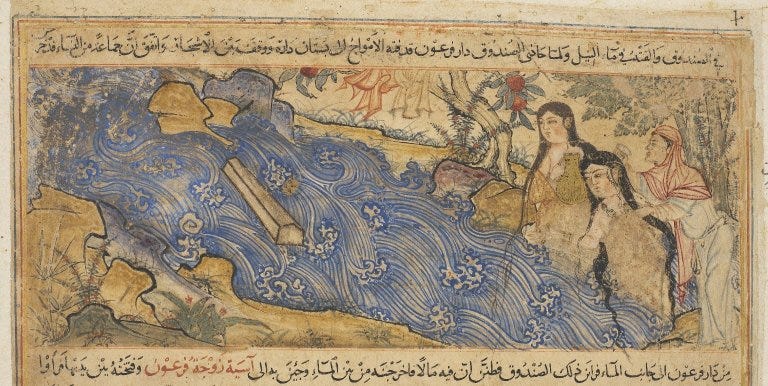The interstate spread, four lanes with wide margins, straight through the flat-lands of Oklahoma, Kansas, Texas, Colorado, and New Mexico. As I traveled it, coming and going from the Rockies for a summer camping trip, I watched the landscape—fields that faded into the horizon, planted in crops, dotted here and there by oil derricks and pumps, overshadowed by towering windmills churning “clean energy” with their massive blades. It was, for the most part, an occupied land—taken up with human ends and aims. The given world, the world of the abundant creation, was pushed to the margins. No wonder, I thought, that the birds most threatened—those that have been most in decline over the past fifty years—are the grassland birds of this region. Industrialized agriculture, those who followed the “get big or get out” mantra of the USDA, have removed all the life that its machine can reach, planting it over with a desert of monoculture. And so there is no room for life beyond a product.
The space of Empire is the space of no room. Thomas Merton named this truth in his apocalyptic Christmas essay, “The Time of the End is the Time of No Room.” Reflecting on the coming of Christ, in a world that had no room for him, Merton writes: “We live in the time of no room, which is the time of the end. The time when everyone is obsessed with lack of time, lack of space, with saving time, conquering space, projecting into time and space the anguish produced within them by the technological furies of size, volume, quantity, speed, number, price, power and acceleration…As the end approaches, there is no room for nature. The cities crowd it off the face of the earth.”
The world has no room for creation, for the given and good world God made. Just as the Empire had no room for Jesus when he came, pushed to the margins, in a place that would not receive him. And so it has always been, back to Moses, when the Empire of Egypt, could make no room for the life of the people Israel in its land.
Our reading from Exodus this Sunday is a story of no room, but it is also a story of making room and finding it.




